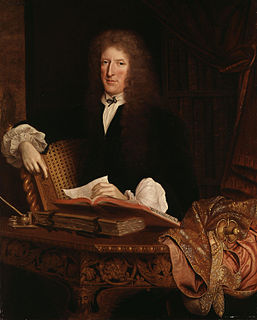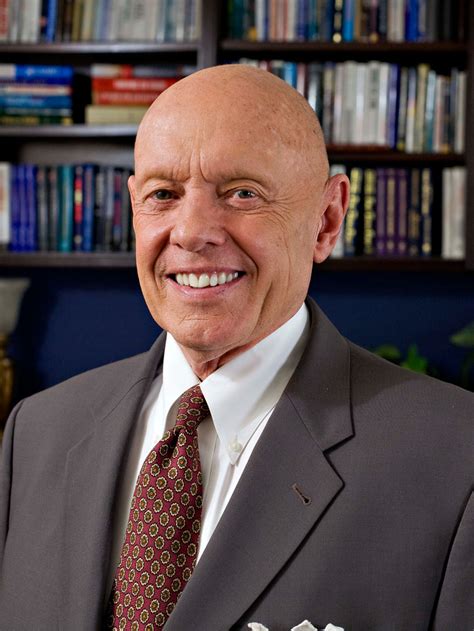A Quote by Roger L'Estrange
He that upon a true principle lives, without any disquiet of thought, may be said to be happy.
Related Quotes
Why is one a slave to thought ? Why has thought become so important in all our lives -thought being ideas, being the response to the accumulated memories in the brain cells? Perhaps many of you have not even asked such a question before, or if you have you may have said, "it's of very little importance- what is important is emotion." But I don't see how you can separate the two. If thought does not give continuity to feeling, feeling dies very quickly. So why in our daily lives, in our grinding, boring, frightened lives, has thought taken on such inordinate importance?
I read the other day some verses written by an eminent painter which were original and not conventional. The soul always hears an admonition in such lines, let the subject be what it may. The sentiment they instil is of more value than any thought they may contain. To believe your own thought, to believe that what is true for you in your private heart is true for all men, - that is genius.
What we are told of the inhabitants of Brazil, that they never die but of old age, is attributed to the tranquility and serenity of their climate; I rather attribute it to the tranquility and serenity of their souls, which are free from all passion, thought, or any absorbing and unpleasant labors. Those people spend their lives in an admirable simplicity and ignorance, without letters, without law, without king, without any manner of religion.
It is never to be expected in a revolution that every man is to change his opinion at the same moment. There never yet was any truth or any principle so irresistibly obvious that all men believed it at once. Time and reason must cooperate with each other to the final establishment of any principle; and therefore those who may happen to be first convinced have not a right to persecute others, on whom conviction operates more slowly. The moral principle of revolutions is to instruct, not to destroy.
While science has nothing of value to say on the great and aching questions of life, death, love, and meaning, what the religious traditions of mankind have said forms a coherent body of thought... There is recompense for suffering. A principle beyond selfishness is at work in the cosmos. All will be well. I do not know whether any of this is true. I am certain that the scientific community does not know that it is false.
One of the great fallacies of our time is that the Nazis rose to power because they imposed order on chaos. Precisely the opposite is true - they were successful because they imposed chaos on order. They tore up the commandments, they denied the super-ego, what you will. They said, "You may persecute the minority, you may kill, you may torture, you may couple and breed without love." They offered humanity all its great temptations. Nothing is true, everything is permitted.
I thought about the earth then, really thought about it, the tsunami's and earthquakes and volcanoes, all the horrors I haven't witnessed but have changed my life, the lives of everyone I know, all the people I'll never know. I thought about life without the sun, the moon, stars, without flowers and warm days in May. I thought about a year ago and all the good things I'd taken for granted and all the unbearable things that had replaced those simple blessings. And even though I hated the thought of crying in from of Syl, tears streamed down my face.
Honesty is a principle. Service is a principle. Love is a principle. Hard work is a principle. Respect, gratitude, moderation, fairness, integrity, loyalty, and responsibility are principles. There are dozens and dozens more. They are not hard to identify. Just as a compass always points to true north, your heart will recognize true principles.



































